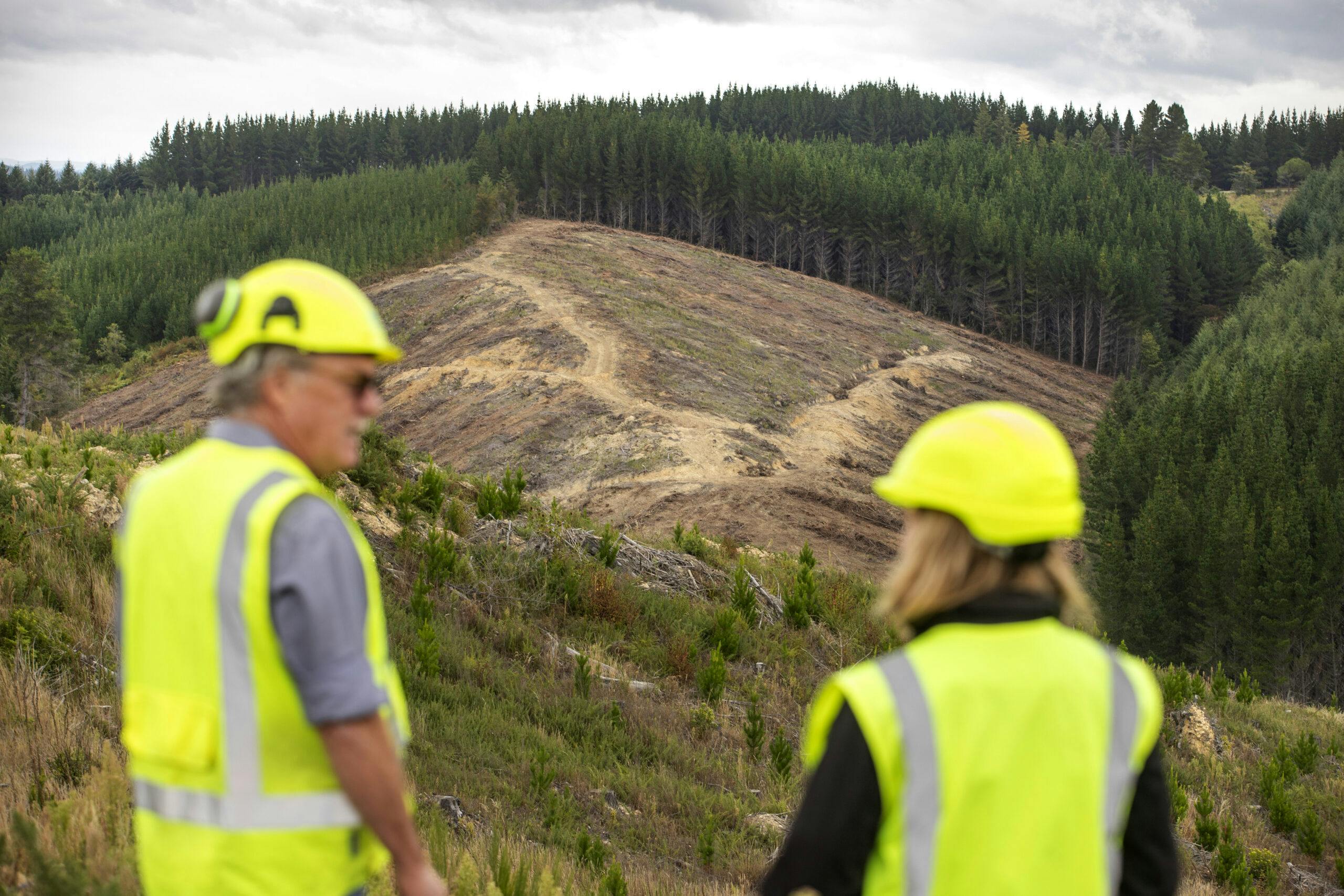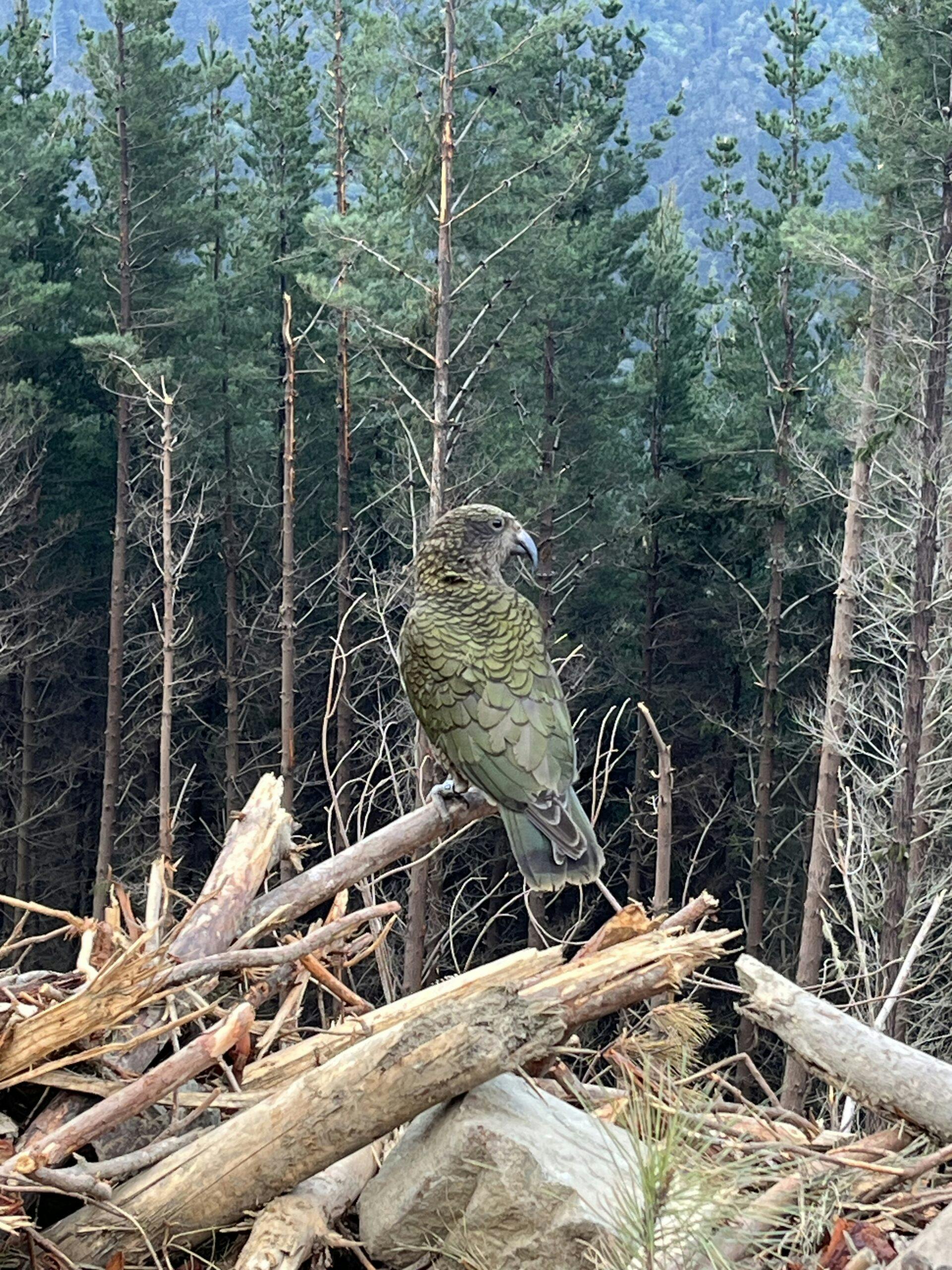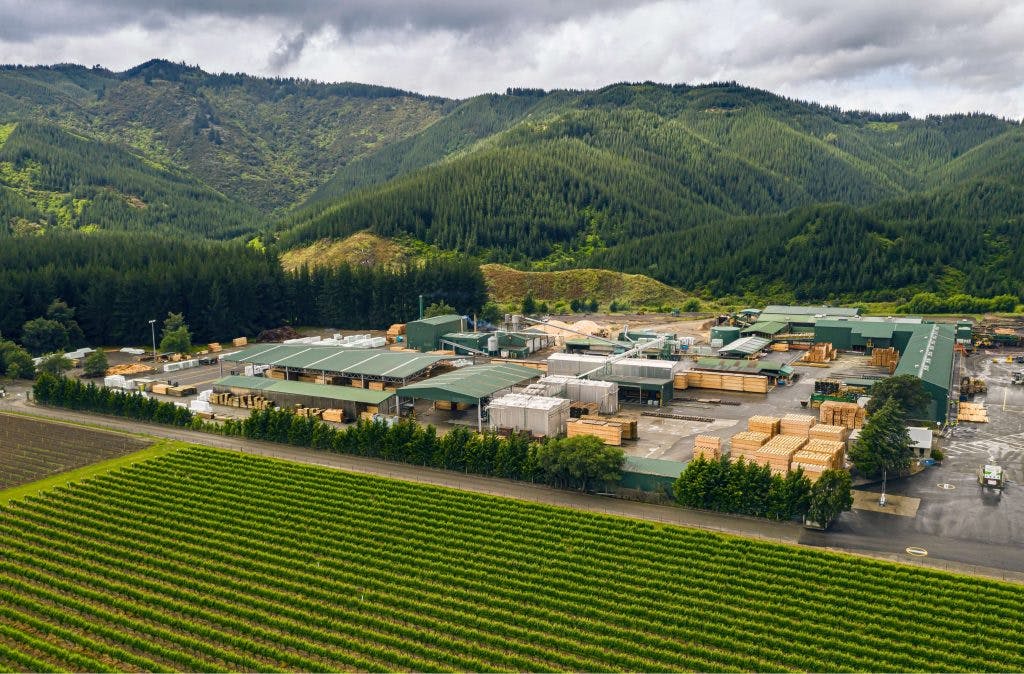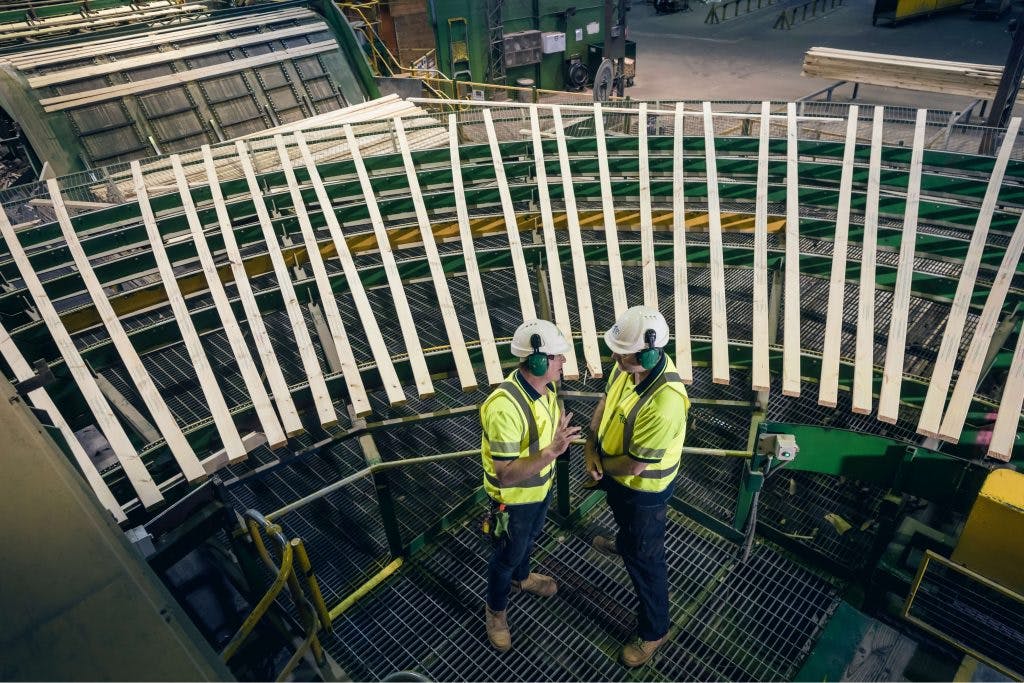Keeping it local is important for recovery, but export still has a role to play
01 Jul 20
A version of this article originally appeared in Wild Tomato, July 2020.
COVID-19 has caused upheaval in many ways for many people. The forestry industry has been no exception. However, the industry is recovering and is well positioned to support regional and national economic resilience in the months and years ahead.
OneFortyOne New Zealand (based in Nelson Tasman and Marlborough) is keeping a balanced approach to COVID-19 recovery says Executive General Manager – New Zealand, Lees Seymour.
“An integrated model, where we grow, harvest, mill, and market our wood products, has always been a cornerstone of the way we do business,” says Lees. “It’s proven to be important for our ability to respond to COVID-19 in the short term and for the future-proofing of our business recovery post COVID-19.”
After shutting down its operations during lockdown level 4, the company progressively resumed its activities as lockdown restrictions eased.
“We began replanting 2000 hectares of hill country in Te Tauihu/the top of the South Island at the end of May,” says Lees. “This shows our ongoing confidence in the forestry industry, and our commitment to environmental stewardship. That’s always been an important part of our business.”
Approximately 60 percent of OneFortyOne New Zealand’s log harvest is delivered to the domestic market. Kaituna’s timber customers are dominated by the domestic market (50 percent) followed by Australia, which represents 35 percent of Kaituna Sawmill’s customers. Customers in South East Asia receive 15 percent of Kaituna’s processed wood.
“What this means for our business is strong integration with the domestic economy and other New Zealand businesses that support this country’s recovery, resilience, and growth,” says Lees.
“It also means we have an existing clear line of sight and deep, functional relationships between those who grow our trees, those who harvest them, those who mill them, and those who market our wood fibre products.”
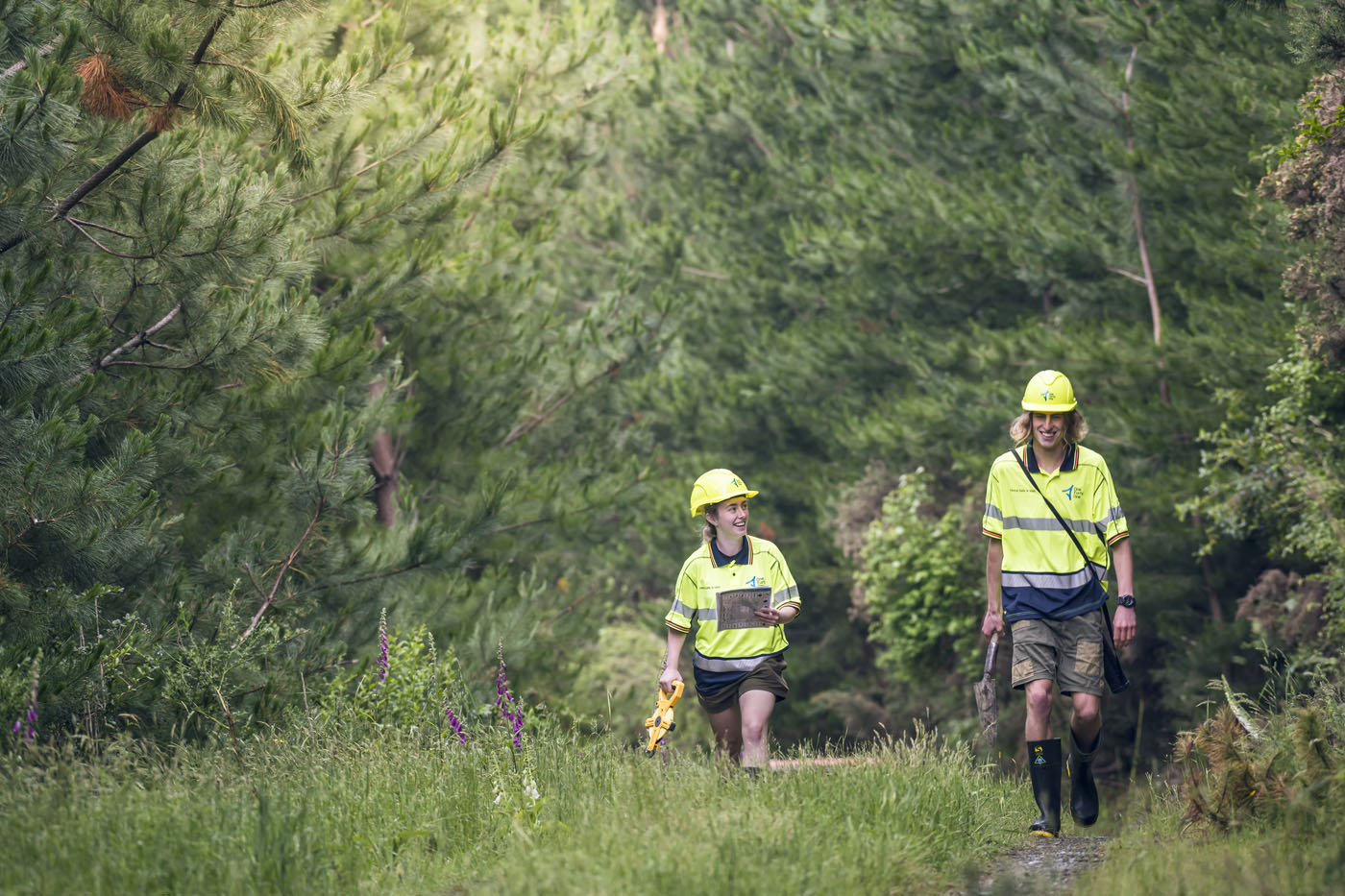
However, Lees says that the export market still has an important role to play in terms of spreading risk due to cyclical downturns in the domestic market.
“It diversifies customer opportunities, offers alternative markets for products that are not in demand from our domestic customers, and provides a channel for salvage from fire or pests as well as securing ongoing job opportunities.”
The success of OneFortyOne New Zealand’s balanced approach to domestic and export markets is evident in the business’ longevity and its direct employment of almost 120 people in Nelson Tasman and Marlborough. The business also supports a contractor and supplier network of 300 people, says Lees.
“We take a long view in our business. Trees are a crop that take 25-30 years to grow to the point of harvest. We see things in multi-generational terms and we believe in doing things the right way for our people, our environment, and our community. That means our business is founded on the principles of prioritising worker safety, environmental guardianship, and community engagement.
“As an example, we protect the more than 9000 hectares of indigenous vegetation reserves within the plantation, including wetlands, and other forest areas that provide habitat to New Zealand’s fauna and flora, and we invest more than $200,000 in community projects every year. That’s important to us and to our community because business success is as much to do with the way a company goes about its business as it is about the results it achieves.”
Seymour believes that as the wider forestry industry approaches challenges posed by COVID-19 it can look to the lessons businesses such as OneFortyOne New Zealand have learned over the years.
“There is a lot of experience and knowledge in our industry that can be constructively supported by work on domestic market development. Now is the time to get alongside one another, share our expertise, and work together to make the most of our industry as a key provider of economic recovery and growth.”
OneFortyOne New Zealand is looking to the government to support innovation in wood processing and is encouraged by the recent announcement providing funding for trades training and apprenticeships. The government has included forestry, mechanical engineering and technology as training areas that it identifies as likely to lead to employment.
“As a regional employer this training support is welcome,” says Lees. “We know that forestry provides lasting employment at a range of levels and is a great career option for people. It’s a sophisticated and well-developed industry that grows and nurtures talent. We want young people and those considering retraining in a new industry to consider all the options that forestry provides for rewarding, interesting and valuable work.”

News & Resources
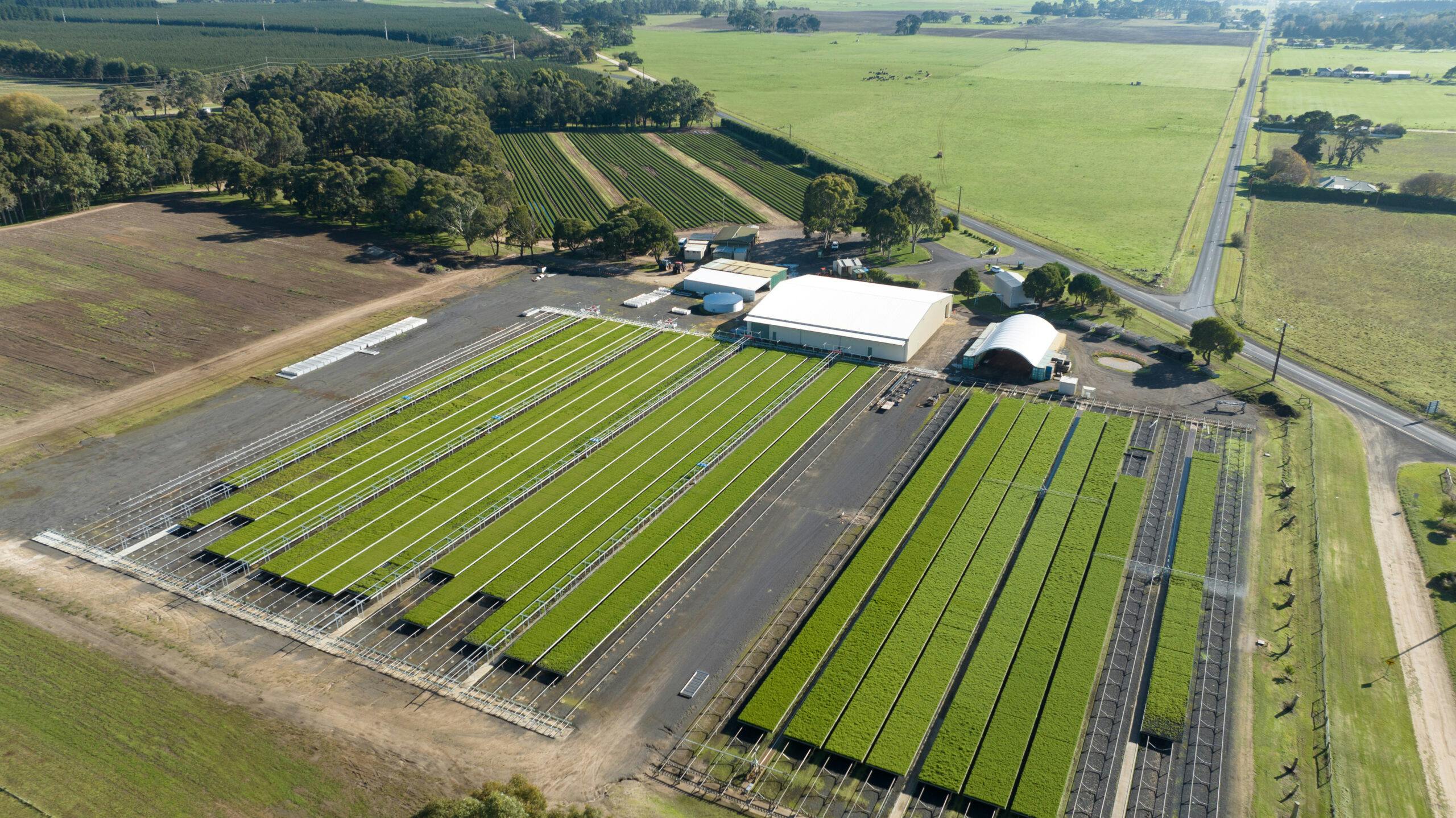
20 Mar 24
News
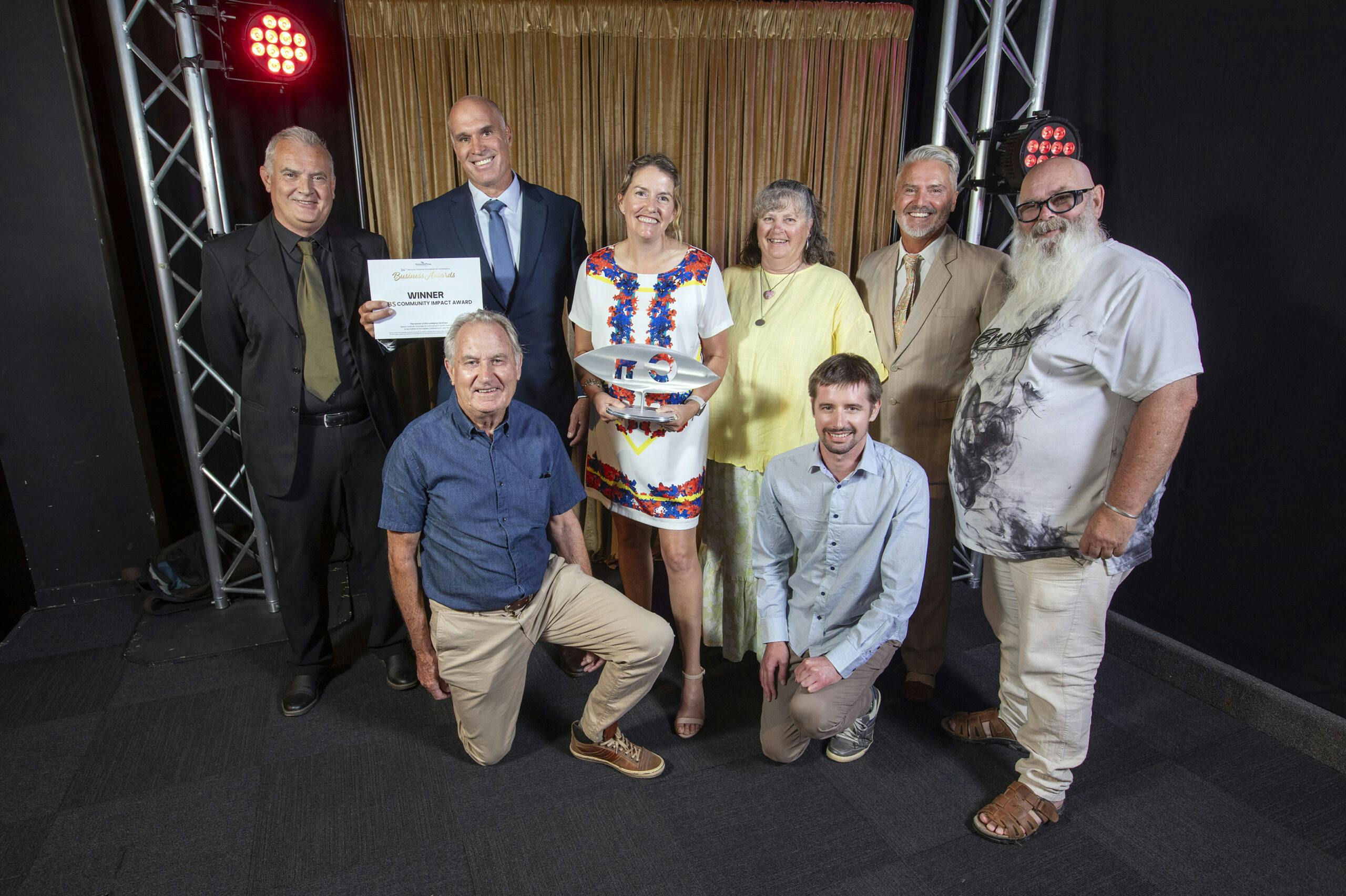
08 Mar 24
Community

20 Feb 24
Our Stories
Funding boost for five Top of the South NZ community organisations.
OneFortyOne acknowledges the Traditional Custodians of Country throughout Australia and their deep connections to land, water, and community. We pay our respect to Elders past and present and extend that respect to all First Nations people today.
In Aotearoa New Zealand, Māori communities have a strong spiritual connection between people and the land – the wellbeing of one sustains the wellbeing of the other. We strive to build meaningful relationships with iwi as tangata whenua (people of the land/region), to be responsible intergenerational kaitiaki (stewards/guardians) of the land where our forests grow.

